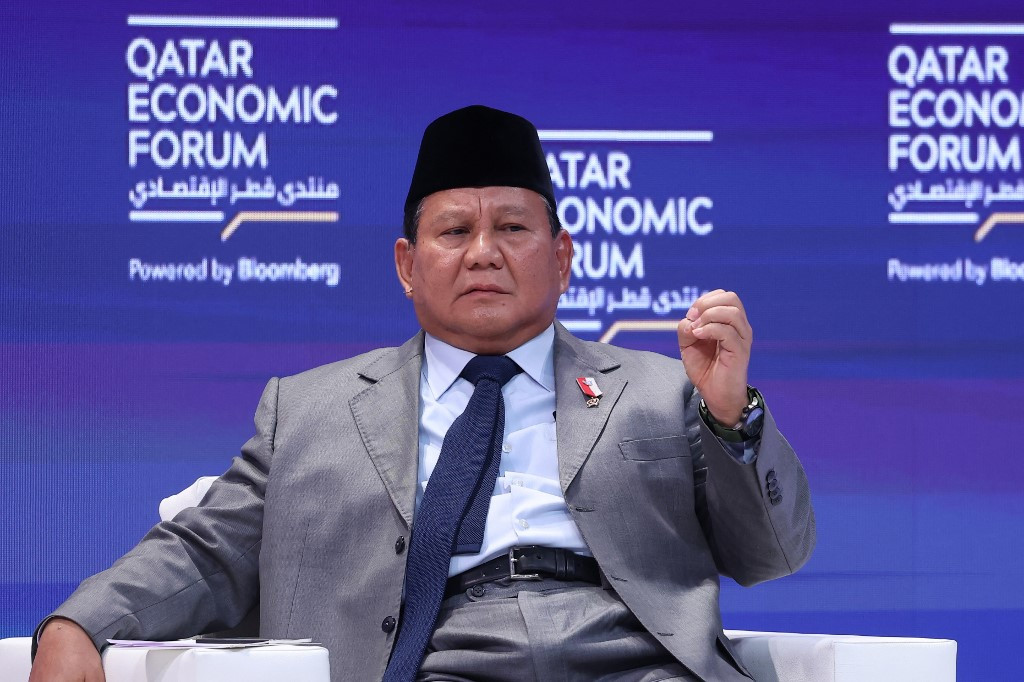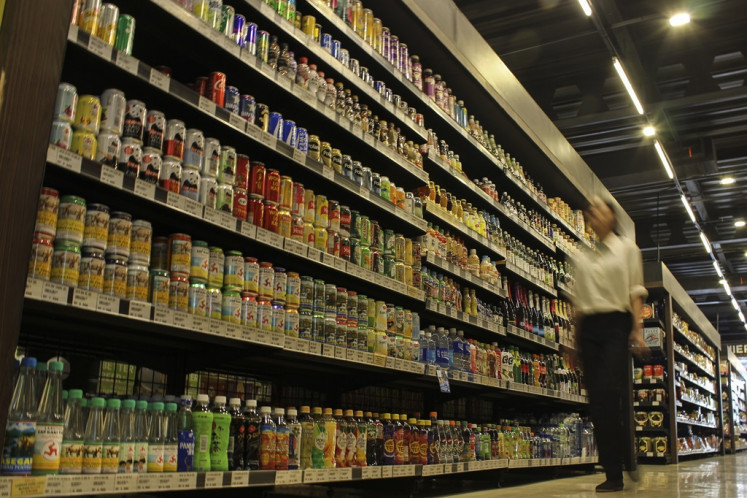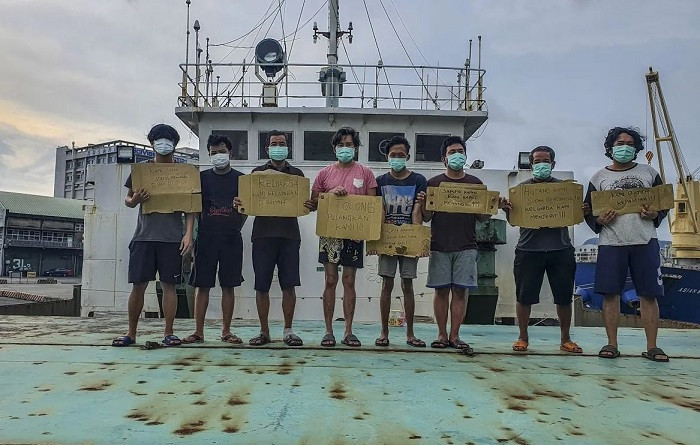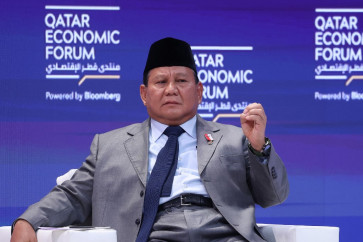Popular Reads
Top Results
Can't find what you're looking for?
View all search resultsPopular Reads
Top Results
Can't find what you're looking for?
View all search resultsAnticipating Prabowo’s foreign economic policy
Indonesia will always require international trade diversification, both in partners and products, to reduce the risk of economic vulnerability and supply chain disruption due to global uncertainties.
Change text size
Gift Premium Articles
to Anyone
I
ndonesia will enter a new chapter of governance under president-elect Prabowo Subianto from October of this year to October 2029. Prabowo is expected to be a leader with more of a foreign policy focus than his soon-to-be predecessor President Joko “Jokowi” Widodo.
Months before his official inauguration, Prabowo has visited China, Japan, Malaysia and the Middle East, where he also spoke at the Qatar Economic Forum.
At that forum in Doha, Prabowo again repeated the same nationalistic narrative of Indonesia’s domestic and foreign policy, with the line, “every country in the world will fight or protect the national core interests of its people” in reply to a question about Indonesia’s tendency toward protectionism. That line sounded consistent with what he pledged during the election campaign period.
His vision of Indonesia’s gross domestic product (GDP) growth is also very ambitious, intending to achieve 8 percent growth within two to three years of his presidency. This figure requires significant reform in national economic development policies, not the least in reviewing the country’s strategy to attract more foreign direct investment (FDI), and increasing export earnings.
There are some rumors surrounding how Prabowo will set his ministerial structure and composition in charge of these matters. For instance, there is talk that the Foreign Ministry could be combined with International Trade, modeled on the Department of Foreign Affairs and Trade (DFAT) in Australia, or that the Trade Ministry and Industry Ministry could merge to avoid any complicated trade-offs and miscoordination between the two ministries’ functions in the future.
However, months before the inauguration, it is critical to address what should be considered for Prabowo’s foreign economic policy. Besides the momentum from the transition to new leadership, Indonesia is also benefiting from two years in a row of regional and multilateral chairmanship, first from the Group of 20 and then ASEAN. These years of global activism have somewhat elevated Indonesia’s reputation as a country with confidence and strong modality to drive its international economic agenda.
Just last year, the ASEAN Outlook on Indo-Pacific (AOIP), for instance, was brought to the table, with the priority of bringing concrete economic partnerships into this regional commitment, adding more value to ASEAN’s traditionally heavily political context. Indonesia was then seen on a positive trajectory as an Indo-Pacific power.



















